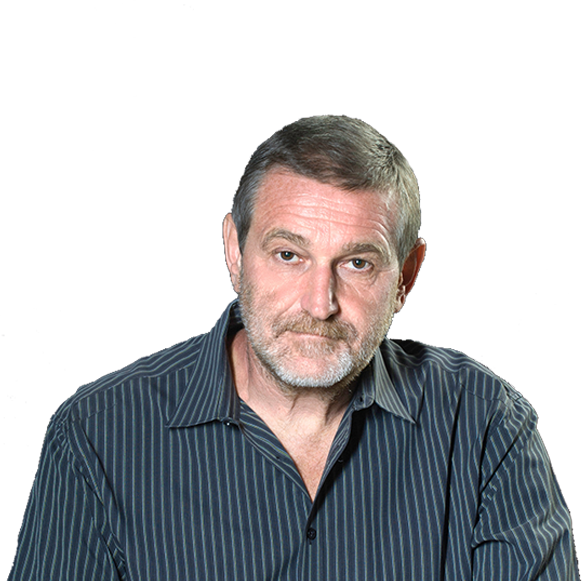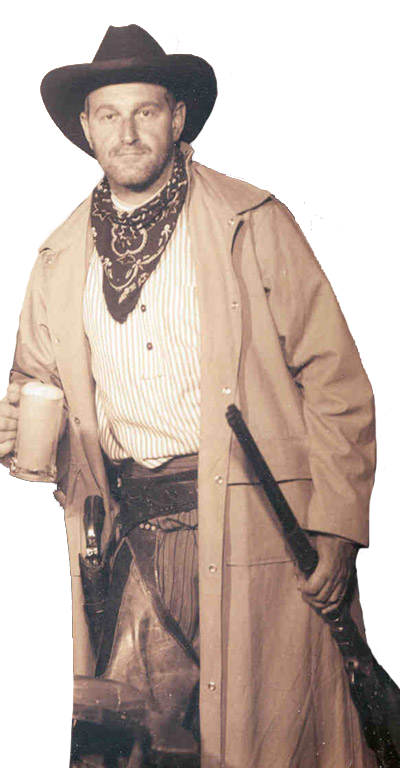Pavel Pevzner is the Ronald R. Taylor Chair and Distinguished Professor of Computer Science and Engineering at University of California, San Diego. He holds Ph.D. from Moscow Institute of Physics and Technology in Russia.
He was named Howard Hughes Medical Institute Professor in 2006. He was elected the Association for Computing Machinery Fellow (2010) for "contribution to algorithms for genome rearrangements, DNA sequencing, and proteomics”, International Society for Computational Biology Fellow (2012), European Academy of Sciences (2016), and American Association for Advancement in Sciences (2018). He was awarded a Honoris Causa (2011) from Simon Fraser University in Vancouver and honorary doctorate from Tel Aviv University. Hewas a recipient of the Senior Scientist Award from the
International Society for Computational Biology (2017), and the
Kanellakis Theory and Practice Award from the Association for Computing Machinery (2019). Dr. Pevzner co-authored textbooks
"Computational Molecular Biology: An Algorithmic Approach",
"Introduction to Bioinformatics Algorithms",
“Bioinformatics Algorithms: an Active Learning Approach”, and
Learning Algorithms Through Programming and Puzzle Solving (2019). In 2015, jointly with Phillip Compeau, he developed a
Bioinformatics bioinformatics specialization on Coursera. In 2016, he co-developed a
Data Structures and Algorithms specialization on Coursera and MicroMaster Program at EdX.





